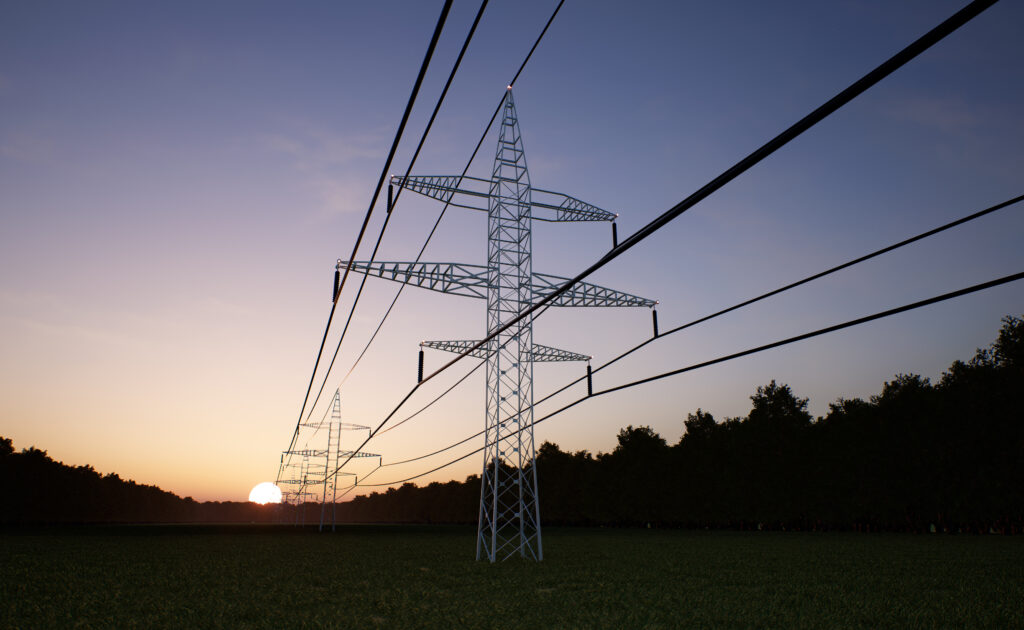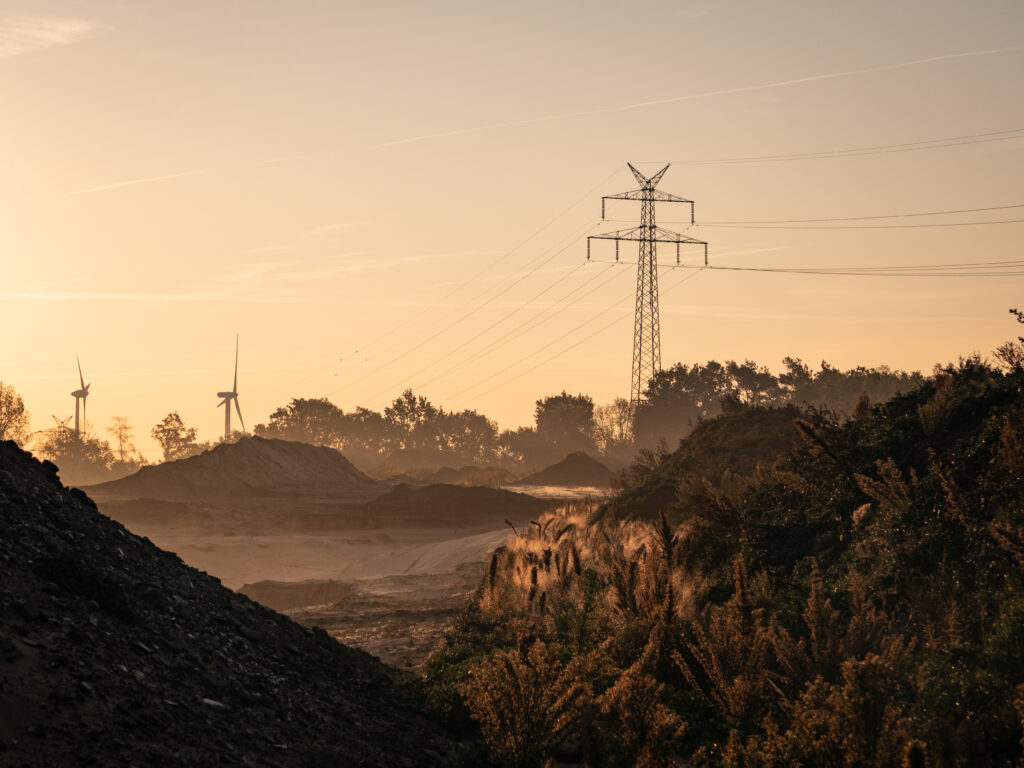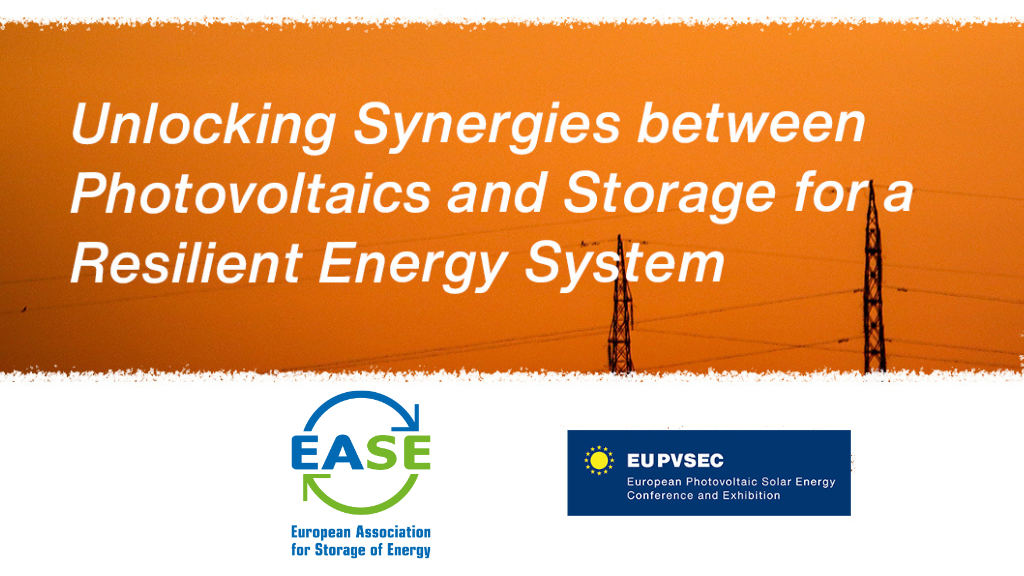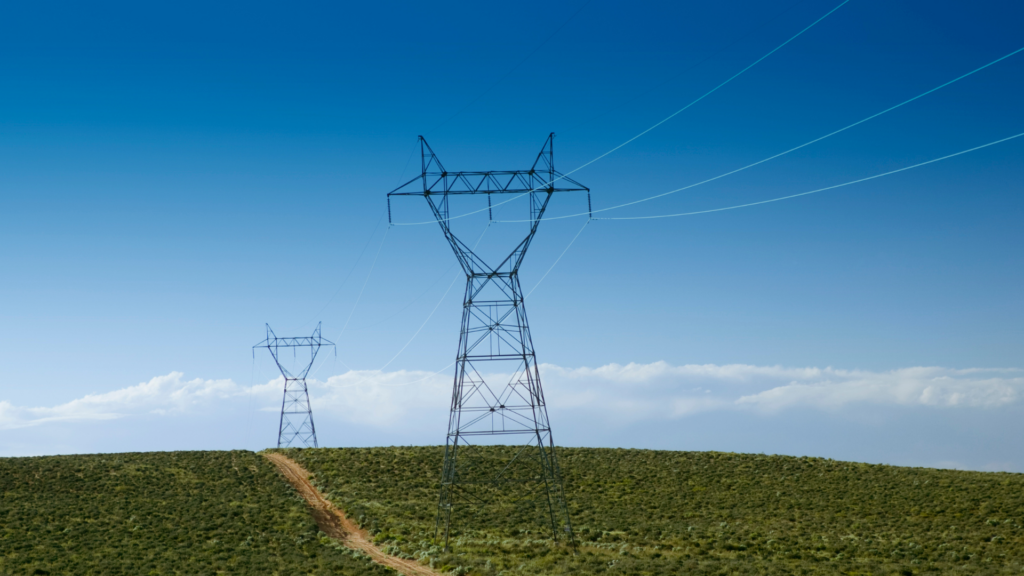22.07.2019 / News
Welcome On Board Lockheed Martin
The European Association for Storage of Energy (EASE) is glad to extend a warm welcome to its newest member Lockheed Martin who joined EASE in June 2019. Mr Michael Harper, Head of Lockheed Martin Energy UK & Europe, accepted to discuss with us Lockheed Martin’s expertise in energy storage and expectations from this collaboration with EASE.

EASE: Mr Harper thank you very much for accepting this interview. We are very really happy to have Lockheed Martin among our members and we would like to know more about your activities in the sector. Could you summarise the most interesting insights from Lockheed Martin’s work for energy storage in Europe?
Mr Harper: Firstly, thank you for inviting me to share some of Lockheed Martin’s thoughts on energy storage in Europe. Europe is leading the transition from carbon intensive energy generation to net zero, and to achieve this goal a larger proportion of asynchronous intermittent renewable energy will be deployed on the grid. As the proportion grows, the grid will be required to operate in ways it was not designed, and energy will not necessarily be generated or available at the time required. Constrained grids will require more local utilisation, and variability of generation will require solutions to store and shift energy to meet demand. To help solve this problem, Lockheed Martin has developed a short-duration energy storage solution in the form of an integrated lithium ion product suited to a variety of applications, both behind the meter and front of the meter, scalable from 100KW to +10MW.
But, we also know there will be needs that exceed the capacity of short duration storage. Lockheed Martin is also developing a revolutionary new coordination chemistry flow battery (CCFB) technology with the ability to store 100’s of MWhs of energy for daily dispatch. The CCFB solution is focused on large-scale renewable integration, storage as a transmission/distribution asset or for micro-grid applications where six, 10 or even 12 or more hours of energy storage is required. Both storage products provide cost-effective alternatives to costly and time-consuming infrastructure upgrades and will be key enablers in meeting renewable integration needs and policy objectives in Europe.
EASE: We look forward for a very fruitful collaboration with you and to receive Lockheed Martin’s inputs for our Working Groups and Task Forces. What created the interest from your company to join EASE?
Mr Harper: The ability for Europe to be a leader for the reduction of global carbon emissions and to be at the forefront on delivering to the Paris agreement requires clear policy, effective regulation that enables new tools and technologies to be adopted, the value of energy storage realised in the market and a clear understanding of the cost benefits of implementation.
EASE is well-positioned to shape the vision of the European Commission in Brussels, promulgating a common understanding of the values of energy storage across the member states and creating the facilitating conditions for energy storage to be considered fairly in the decarbonisation equation. EASE’s distinguished membership and well-arranged Committee, Work Group and Task Force structure brings together thought leaders in the sector to inform, dispel prejudices and actively develop the underpinning tenets and standards for wide and expeditious adoption. Lockheed Martin intends to be a vocal member of the association, to actively shape and contribute to the EASE agenda and ultimately help lead the engagements with the European Commission.
EASE: What is your vision for how storage can contribute to the energy transition?
Mr Harper: Energy storage in one form or another is a fundamental of any energy system. Historically it was coal, oil and gas reserves; climate change and the remarkable advances in renewable energy have changed the game, and now storage must take another form, one which works hand-in-glove with low-carbon renewable energy generation. Battery energy storage in the form of both shorter duration lithium ion and longer duration flow battery technologies offer solutions to many grid optimisation and stabilisation requirements. Industry is optimizing the control and dispatch of these technologies to deliver new and higher value applications and services to the market. As storage use-cases grow, capabilities improve, and regulation becomes more effective, Lockheed Martin sees energy storage becoming a cornerstone of any cost-effective decarbonisation pathway. As renewables penetration and demand for storage increases, we’ll need longer duration, more durable storage technologies. The Redox flow battery with its decoupled power and energy architecture offers the potential to deliver against such needs. Lockheed Martin’s patented electrolyte chemistry removes some of the major cost/durability impediments that plague other chemistries such as Vanadium and Zinc Bromide; Lockheed Martin’s chemistry boasts lower corrosivity, is easily-sourced, and requires a low-cost balance of plant materials and is highly durable, allowing us to readily meet the energy challenges ahead of us.




